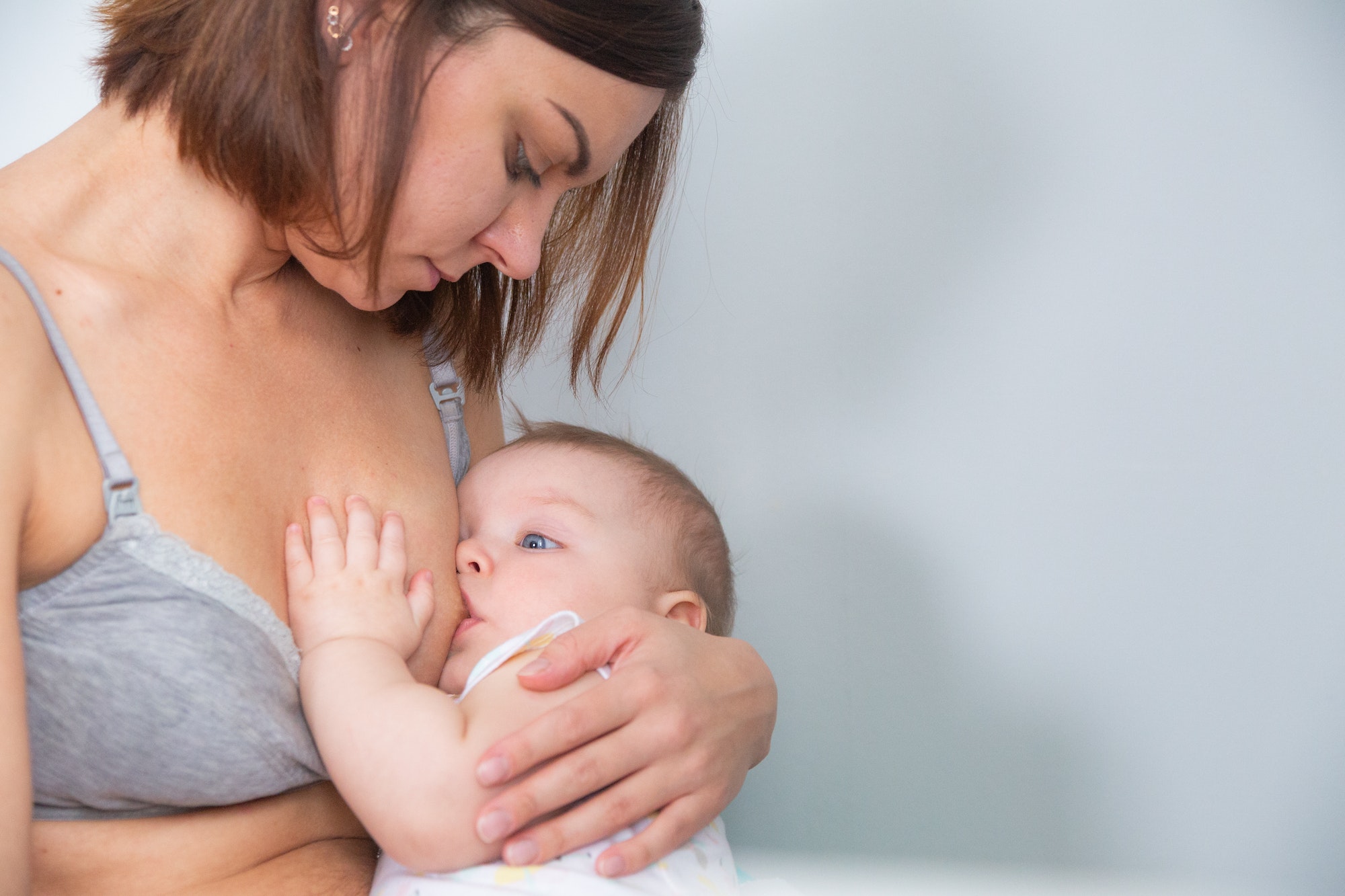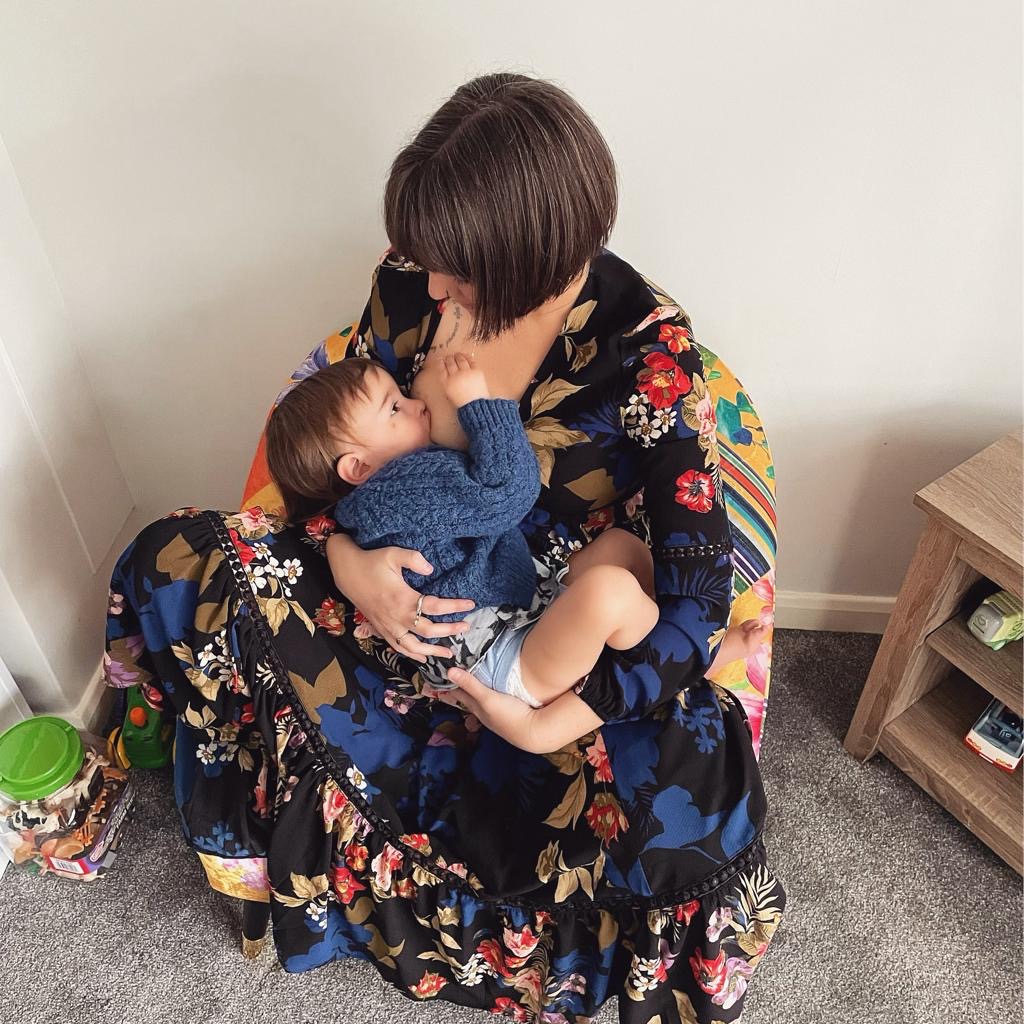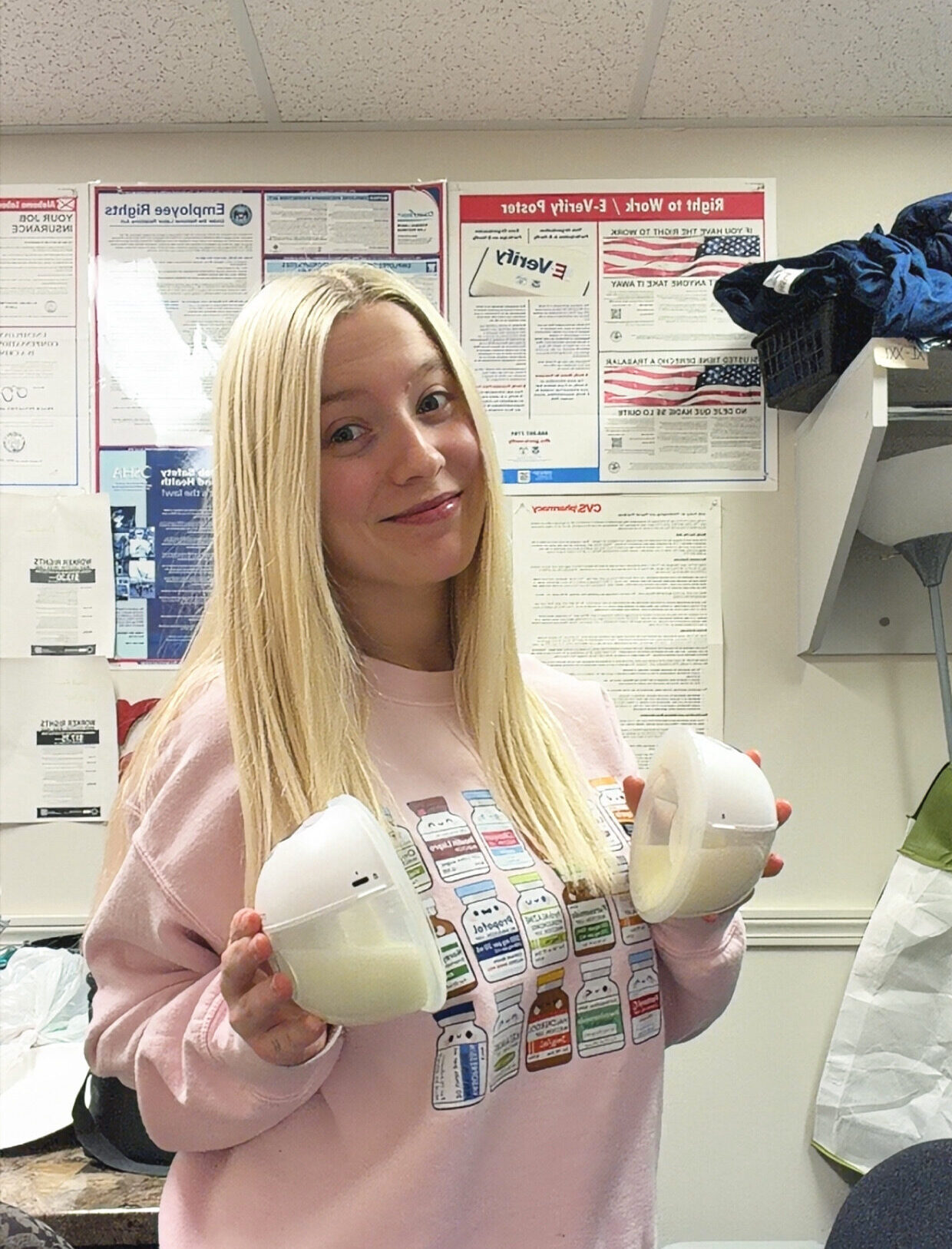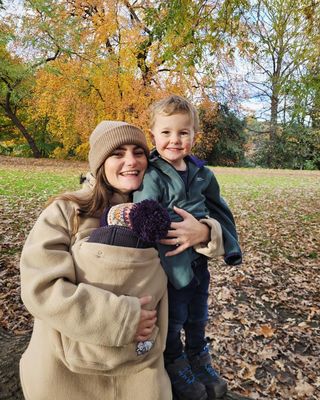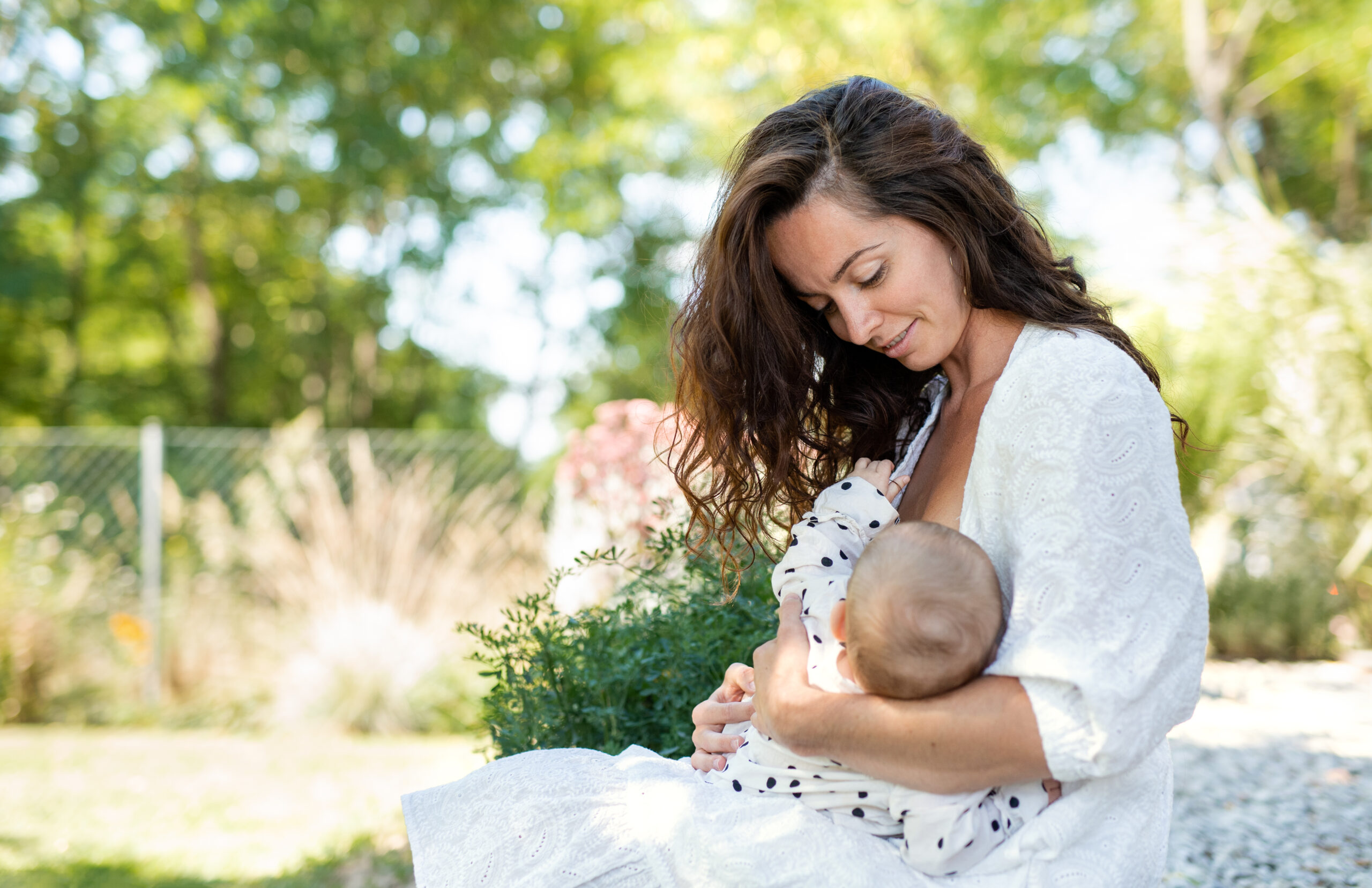For many breastfeeding parents, the return of their first postpartum period can come as a surprise. Whether it happens a few months after birth or much later, it often raises questions about how it will affect breastfeeding, milk supply, and overall well-being.
Let’s explore what you need to know about breastfeeding and your first period postpartum.
When Will Your Period Return?
One of the biggest factors influencing when your period returns is breastfeeding itself. Many parents experience a delay in menstruation due to lactational amenorrhea—the natural suppression of the menstrual cycle while breastfeeding. Prolactin, the hormone responsible for milk production, also plays a role in preventing ovulation, which delays the return of your period.
If you’re exclusively breastfeeding (feeding on demand, day and night, without supplementing with formula or solid foods), your period might stay away for six months or longer. Some parents may not get their first period until after they’ve completely weaned their child. Others may see it return earlier, even while breastfeeding regularly. If your baby starts sleeping longer stretches at night, your prolactin levels may decrease, leading to the return of ovulation and menstruation.
How Will Your First Postpartum Period Affect Breastfeeding?
While every person’s experience is unique, there are a few common changes that might occur when your period returns:
- Temporary Changes in Milk Supply
Some parents notice a dip in their milk supply around the time of their period. This is typically temporary and related to hormonal fluctuations—specifically, a drop in calcium levels during the luteal phase (the second half of your cycle). Your supply should bounce back after your period ends, but you can boost calcium intake to help stabilise supply. - Changes in Milk Composition
Your milk may taste slightly different to your baby during your period due to hormonal changes. Some babies may nurse less or become fussy, but this is usually short-lived. Your milk remains nutritious, and most babies adjust quickly to any changes in taste. - Increased Nipple Sensitivity
Many breastfeeding parents report increased nipple sensitivity or tenderness when their period returns. Hormonal shifts can make your breasts feel more tender during menstruation, which may cause some discomfort while nursing. Using soothing creams or adjusting nursing positions can help alleviate this sensitivity. - Baby’s Behaviour May Change
Your baby might notice some of these changes and react accordingly. Some babies may nurse more frequently to compensate for a slight dip in supply, while others might become fussy due to the taste change in your milk. These changes are usually temporary and tend to subside after a few days.

Can You Still Get Pregnant While Breastfeeding?
Yes! Even if your period hasn’t returned, it’s possible to ovulate and conceive while breastfeeding. Lactational amenorrhea is not a foolproof method of contraception, especially after the first six months postpartum. If you’re not planning another pregnancy, consider discussing contraceptive options with your healthcare provider once you’re breastfeeding and no longer exclusively nursing.
Even if your period hasn’t returned, it’s possible to ovulate and conceive while breastfeeding.
What to Expect From Your First Postpartum Period
When your first period returns after giving birth, it may not look or feel exactly like the periods you had before pregnancy. Many parents notice their first few periods are different in terms of flow, duration, or symptoms. Some common experiences include:
- Heavier or lighter bleeding: Your first period postpartum may be heavier than usual due to the buildup of uterine lining during the months without menstruation. Alternatively, some parents experience lighter periods.
- Irregular cycles: It’s normal for your periods to be irregular at first. Your body is still adjusting, and cycles may take time to settle into a regular pattern.
- Different symptoms: Postpartum periods might come with different symptoms than you had before pregnancy. Some parents experience stronger or new cramps, while others may have fewer symptoms than before.
Tips for Managing Your First Period While Breastfeeding
If you’re breastfeeding and notice changes when your period returns, here are a few tips to help you through the adjustment:
- Stay Hydrated: Drink plenty of water to help maintain your milk supply and avoid dehydration, especially during menstruation.
- Boost Calcium Intake: Taking a calcium-magnesium supplement can help prevent dips in milk supply and reduce nipple tenderness during your cycle.
- Rest and Relax: Take time for self-care and rest when needed. Postpartum life can be demanding, and adding your period to the mix can feel overwhelming.
- Consult a Lactation Specialist: If you notice a significant drop in milk supply or have concerns about breastfeeding during your period, a lactation consultant can provide guidance and reassurance.
Embrace the Changes
The return of your first period postpartum is a sign that your body is adjusting to its new normal, but it doesn’t have to disrupt your breastfeeding journey. While you may experience temporary changes in your milk supply, your body is still capable of producing all the nourishment your baby needs. By staying mindful of your body’s cues and practicing good self-care, you can navigate this phase with confidence.
Every breastfeeding journey is unique, and your period will eventually settle into a rhythm that works with your new life as a parent. If you have concerns or questions, remember that support is always available through healthcare providers, lactation specialists, and communities like ours.





